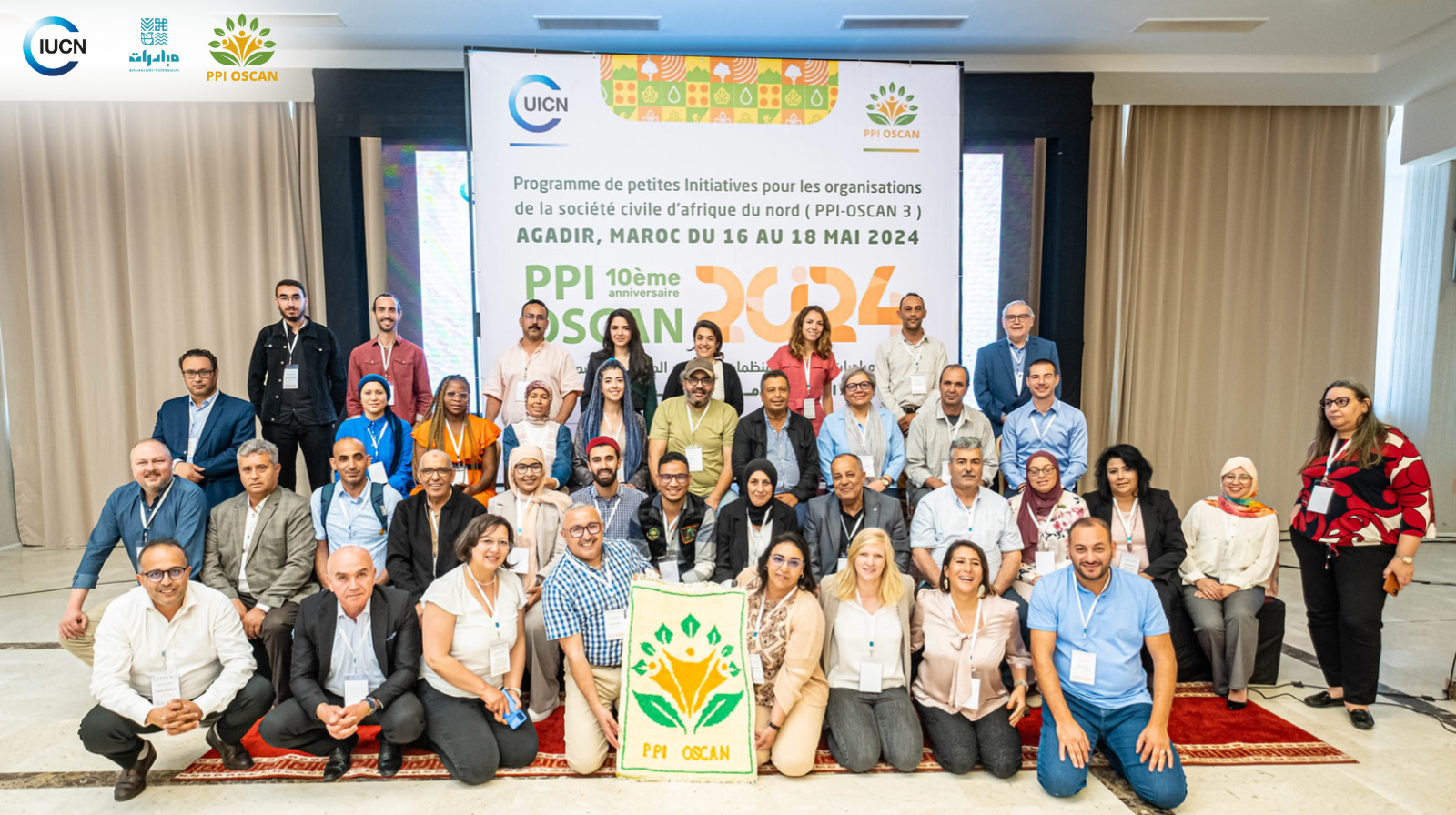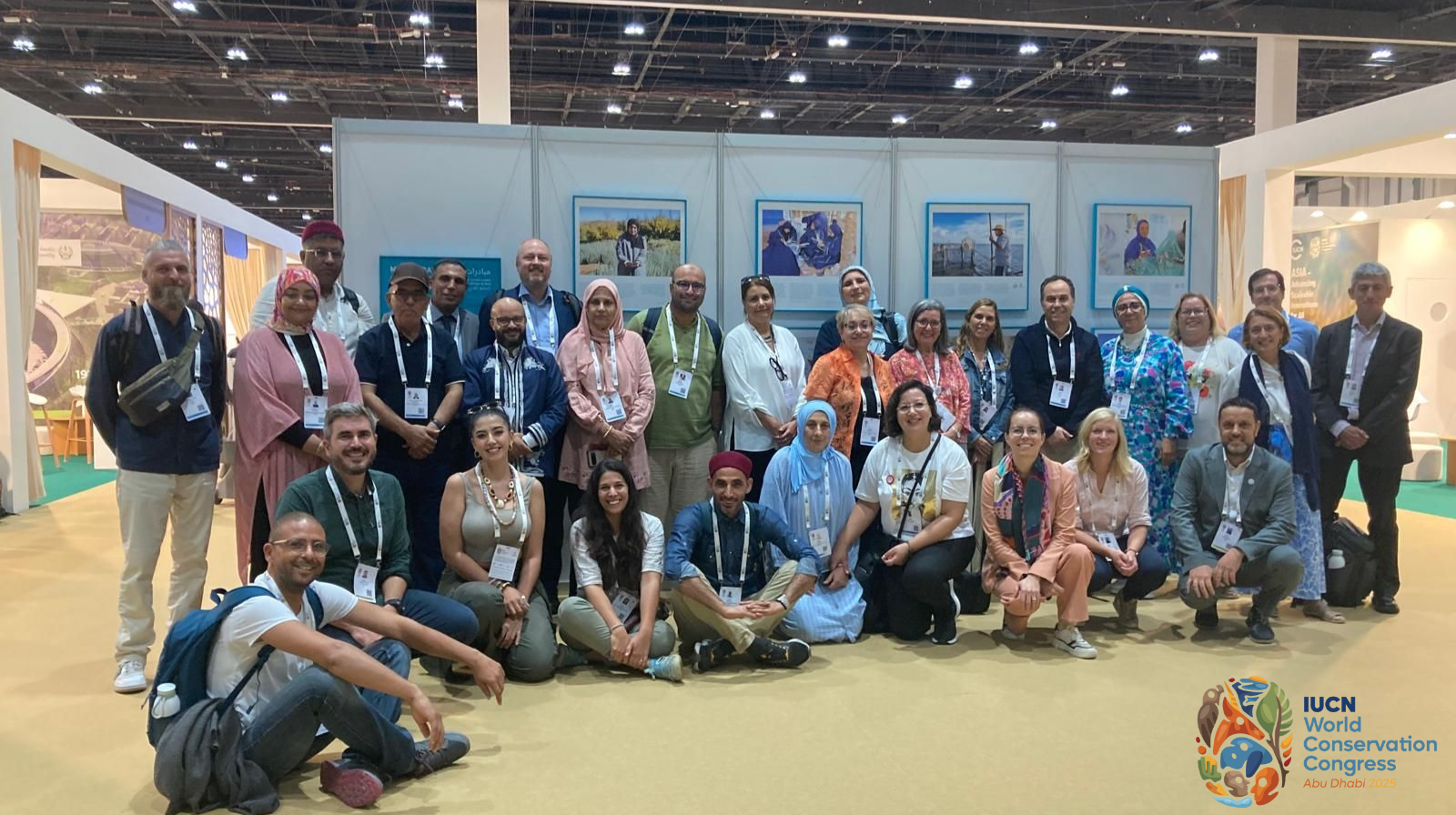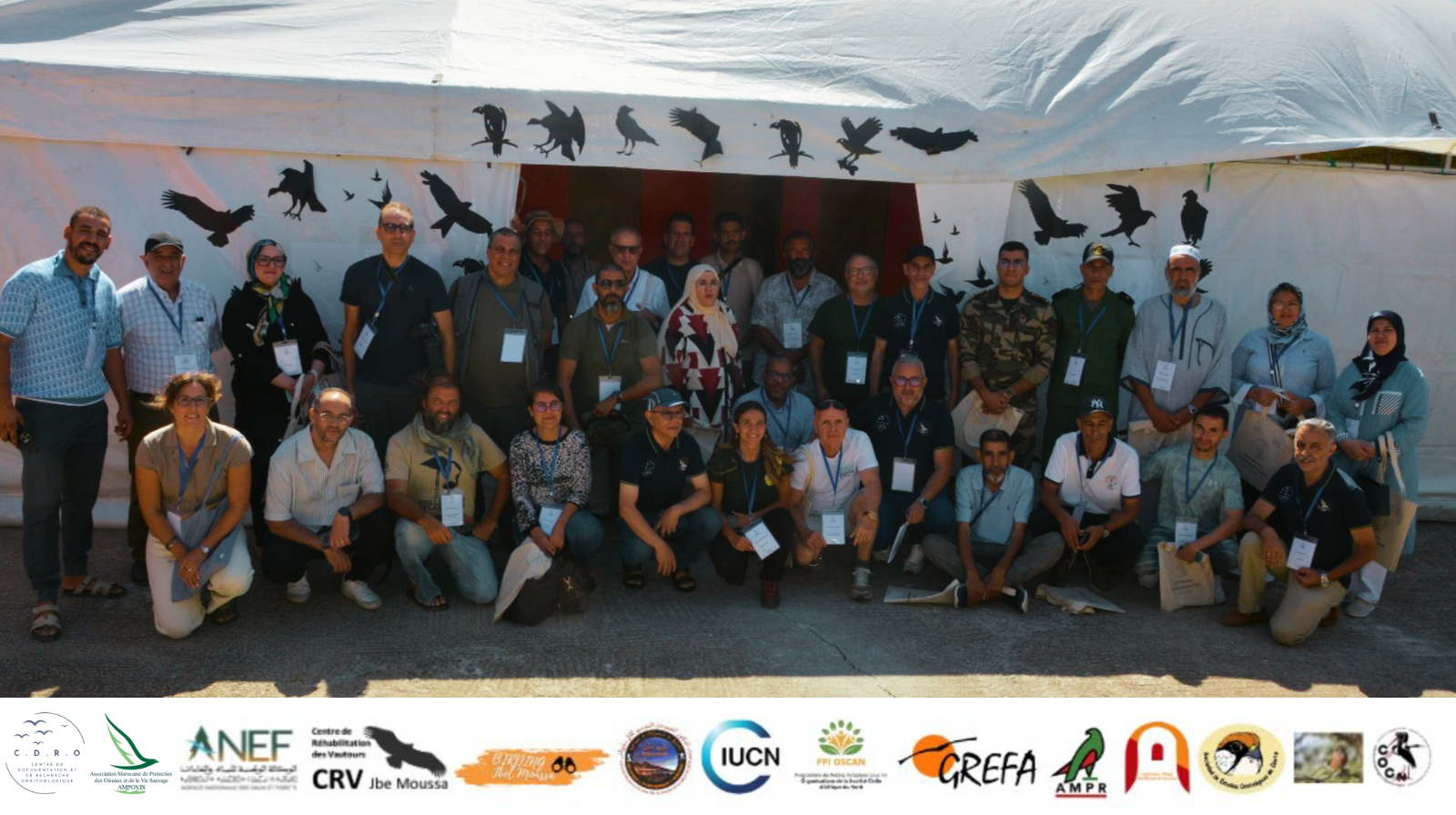MedFishMan: A Participatory Model for Sustainable Artisanal Fishing in the Gulf of Tunis
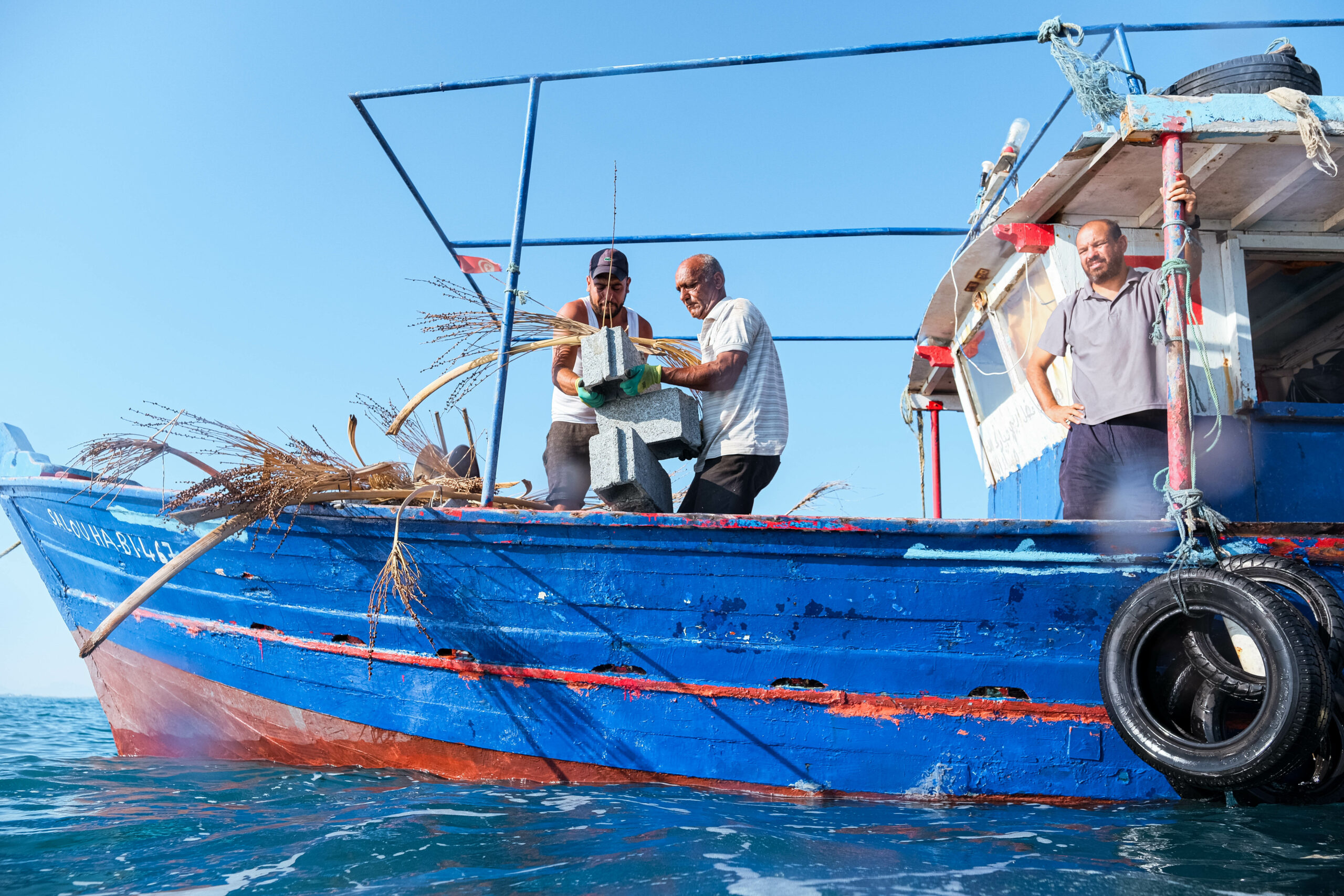
In the heart of the Gulf of Tunis, the MedFishMan project has brought a renewed sense of hope and resilience to artisanal fishing communities. Led by the Tunisian Association for Artisanal Fishing, this ambitious initiative has successfully introduced participatory governance tools, strengthened the capacities of local fishermen, and laid the foundation for long-term ecological restoration.
Bringing Stakeholders Together for Effective Governance
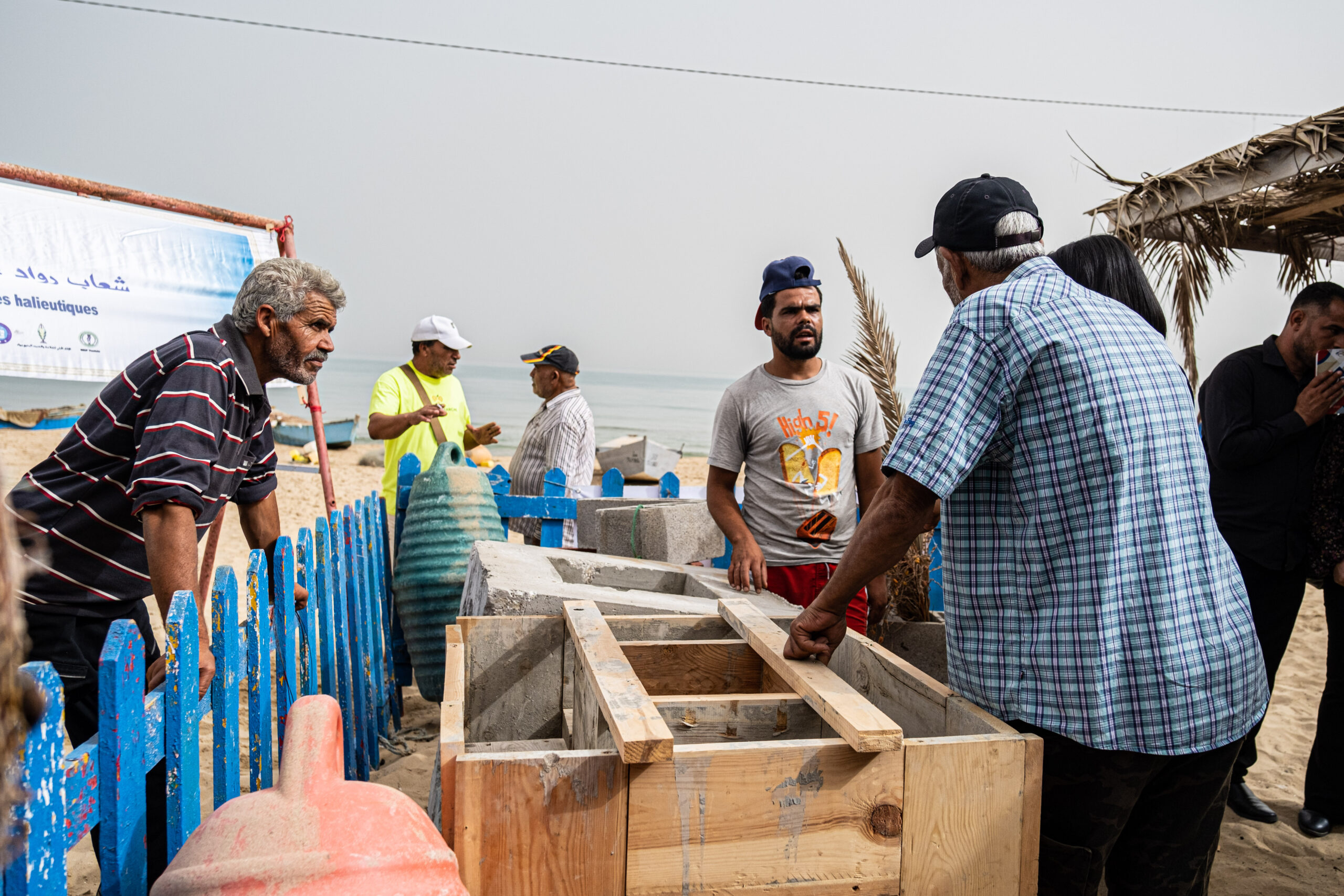
From the very beginning, the project relied on close cooperation with local stakeholders. Four coordination meetings were held with key partners such as the Delegate of Raoued, the CRDA of Ariana, the INSTM and the GDA of Raoued. These meetings led to the creation of a steering committee, ensuring direct involvement of fishermen and local institutions in the management of the project.
Building the capacity of artisanal fishers
Empowerment of fishers was a key priority. The launch of the Academy of Sustainable Artisanal Fishing marked a decisive step with entrepreneurship training and assembly of fishing nets. Upstream, a participatory workshop was held to identify the specific needs of 31 artisanal fishermen in Raoued, in order to adapt educational content to local realities.
Restoring marine ecosystems through artificial reefs
Another key component of the project was the protection and restoration of marine habitats. After conducting surveys among 30 fishermen and 3 women, and diagnosing 3 pilot areas, the association has developed a site map for the immersion of artificial reefs. Once all the permits were obtained, 1,690 artificial reefs were built and submerged, thus promoting the regeneration of marine fauna and flora.
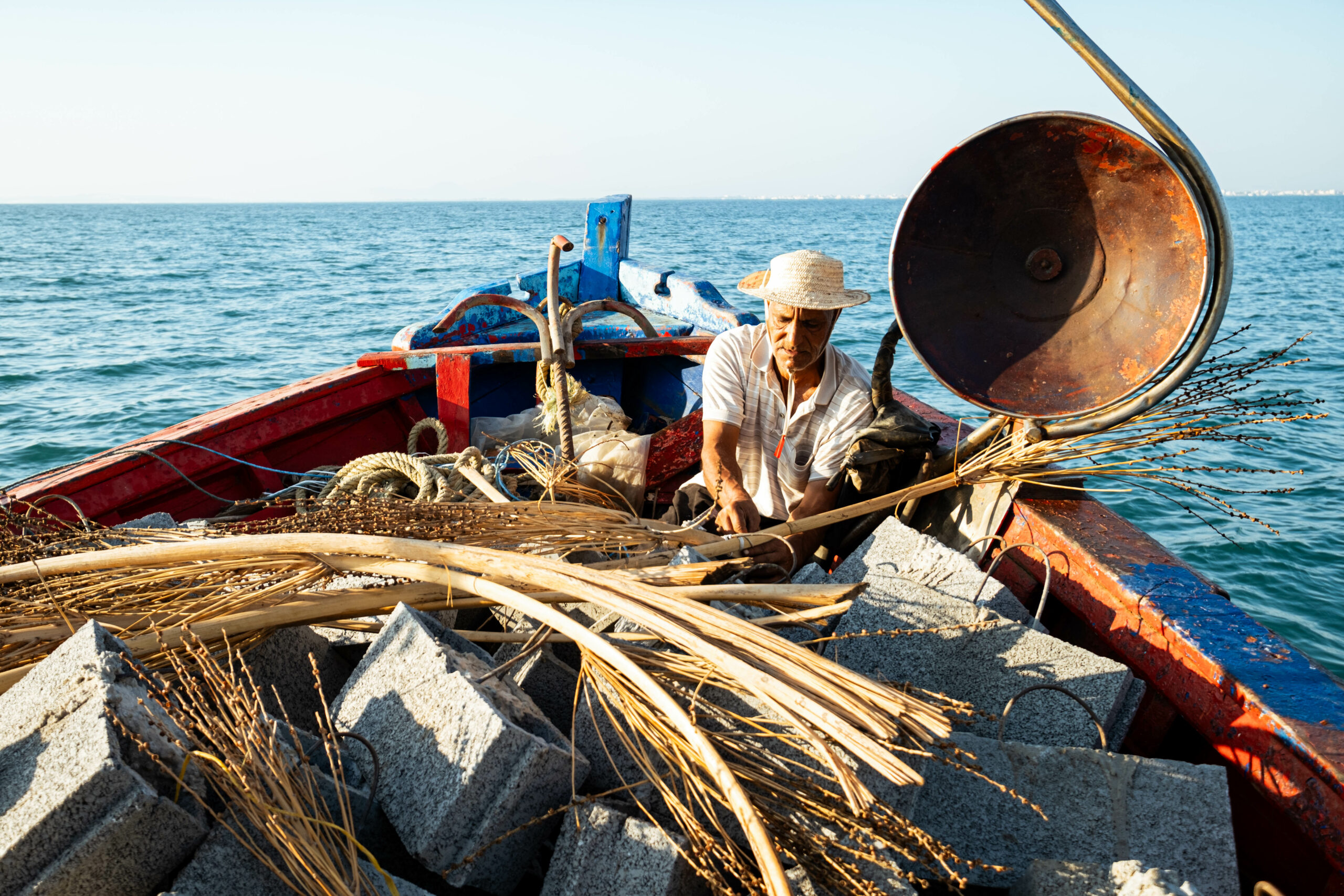
Raising Awareness and Promoting Long-Term Stewardship
Sustained efforts have been made to raise awareness among coastal communities and stakeholders of the importance of a collaborative fisheries management model. Through communication and local engagement activities, the project strengthened adherence to a shared vision of small-scale fishing that respects ecological balances.
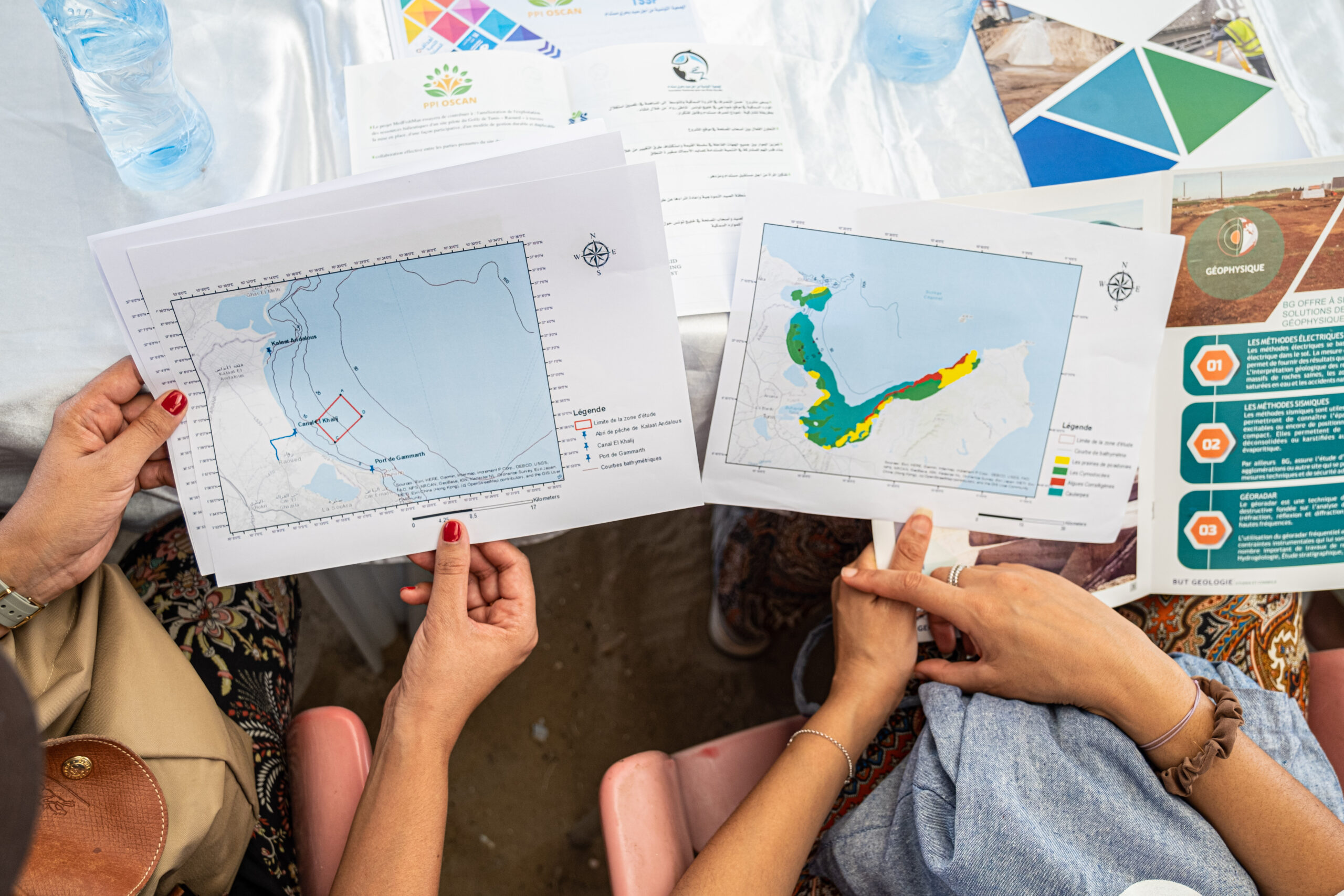
The Tunisian Association for Artisanal Fishing, created in 2017, has proven with MedFishMan that a participatory model, combining local governance, ecological rehabilitation and community education, is possible and effective. Thanks to the PPI-OSCAN 3 programme (coordinated by IUCN-Med and funded by the French Fund for the Global Environment (FFEM), the MAVA Foundation and the Sigrid Rausing Trust ), the project has not only achieved its objectives, but also paved the way for a larger scale replication on the Tunisian coast.



